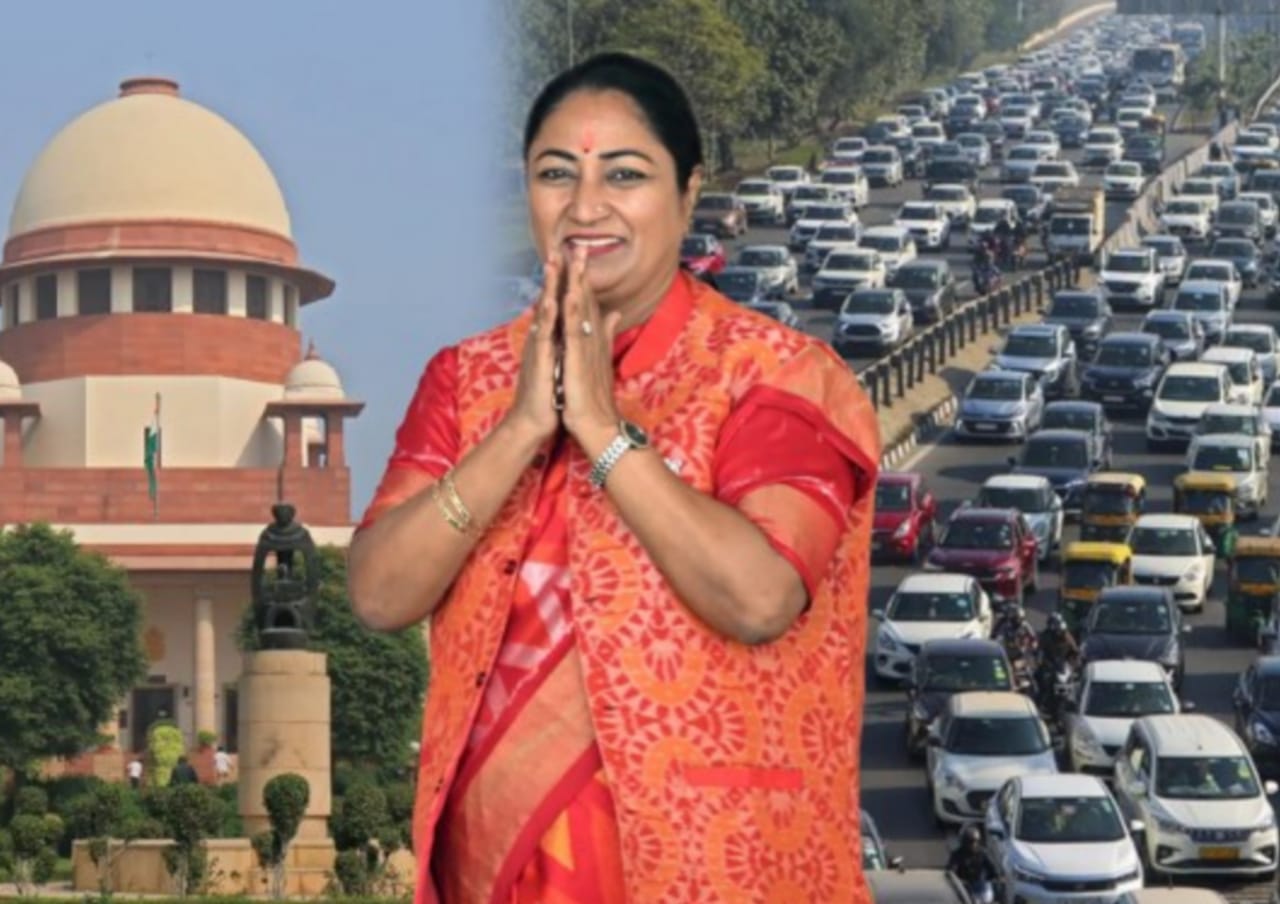
New Delhi:
The Delhi government has filed a review petition in the Supreme Court challenging the 2018 blanket ban on older vehicles across the National Capital Region (NCR). The application argues that the order, banning diesel vehicles older than ten years and petrol vehicles older than fifteen, was imposed without scientific basis and disproportionately affects middle‑class citizens. The matter is listed for hearing on Monday, 28 July, before a bench led by Chief Justice B R Gavai.
In the plea dated 25 July, the Delhi government emphasised that vehicle road‑worthiness should be determined by actual emission tests under the Motor Vehicles Act and Central Motor Vehicles Rules, not solely by a vehicle’s age. The petition states that significant improvements in Pollution Under Control (PUC) technology, wider testing coverage, stricter emission norms, and the transition to Bharat Stage‑VI standards since 2018 have substantially reduced vehicle pollution, rendering the blanket ban outdated.
The Delhi administration argued that the ban has caused “numerous practical hardships” to citizens, particularly those with low‑mileage, well‑maintained vehicles. Middle class households, the petition contends, have been most affected, despite many of their vehicles remaining compliant with pollution norms.
The state has urged the Supreme Court or the Commission for Air Quality Management (CAQM) to conduct a scientific, broad‑based study on the continued necessity of the ban. It proposes a more nuanced framework that considers actual emissions, mileage, fitness test results, and retrofitting options such as CNG or electric conversions.
The plea also noted that other sources, including stubble burning, biomass combustion, dust, industrial emissions, and meteorological conditions, significantly influence Delhi’s air quality. Therefore, focusing solely on vehicular age is unlikely to deliver comprehensive pollution control.
Delhi’s Environment Minister, Manjinder Singh Sirsa, confirmed the review petition’s filing and stated the government is advocating for “a more refined, equitable and science‑based approach” to tackle emissions that balances environmental goals with citizens’ rights.
The petition comes after a recent reversal of fuel denial rules for old vehicles. Initially set to begin on 1 July 2025 across Delhi and the broader NCR, the ban on refuelling “end-of-life” vehicles, identified via ANPR cameras, was suspended following public backlash and operational concerns raised by the Delhi government.
Recent public sentiment reflects shifting priorities on old vehicles. According to a survey by Park+ Research Labs, safety issues arising from ageing vehicles are increasingly concerning residents, even more so than emissions.
Legal experts say the Delhi government’s appeal challenges an emergency-era court order that predated stricter vehicle emission standards. The petition argues that many age banned vehicles are low‑usage and emission compliant, and their exclusion from roads may be excessive or unjustified in today’s context.
In response, authorities assert their focus remains on protecting public health through clean air policy, but insist interventions must be proportionate and scientifically grounded.
As the Supreme Court prepares to hear the plea on 28 July, the debate centres on whether age-based restrictions should yield to emission-based, fair, and balanced regulation in the fight against pollution in the capital.